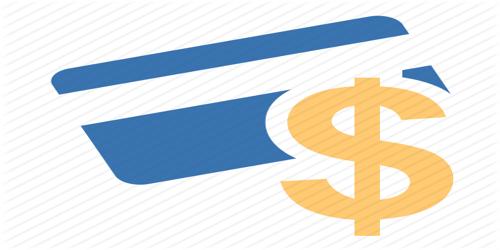Cash credit is an account with a bank by which a person or house, having given security for repayment, draws at pleasure upon the bank to the extent of an amount agreed upon; called also bank credit and cash account. It is an arrangement by which the customer is allowed to borrow many up to a certain limit. It is a facility to take out money from a current bank account without having credit balance but limited to the extent of borrowing limit which is fixed by the commercial bank. Also, the interest is charged on the amount borrowed and not the borrowing limit.
Cash credit is a type of short-term loan provided to companies to fulfill their working capital requirement. They are more commonly offered for businesses than individuals. It is one of the vital short-term sources of finance for a business.
Advantages: The most important benefit of cash credit is its flexibility of deposit and withdrawals.
- It can be easily arranged by a bank provided that collateral security is available to be pledged and the realizable value is easily determined.
- Withdrawals on a cash credit can be made as many times up to the borrowing limit.
- Interest payments made are tax-deductible and thus reduces the overall tax burden on the company.
Disadvantages: The interest rate charged by a loan on cash credit is very high. A minimum commitment charge is imposed on the borrower regardless of whether the company utilizes its cash credit or not.
















